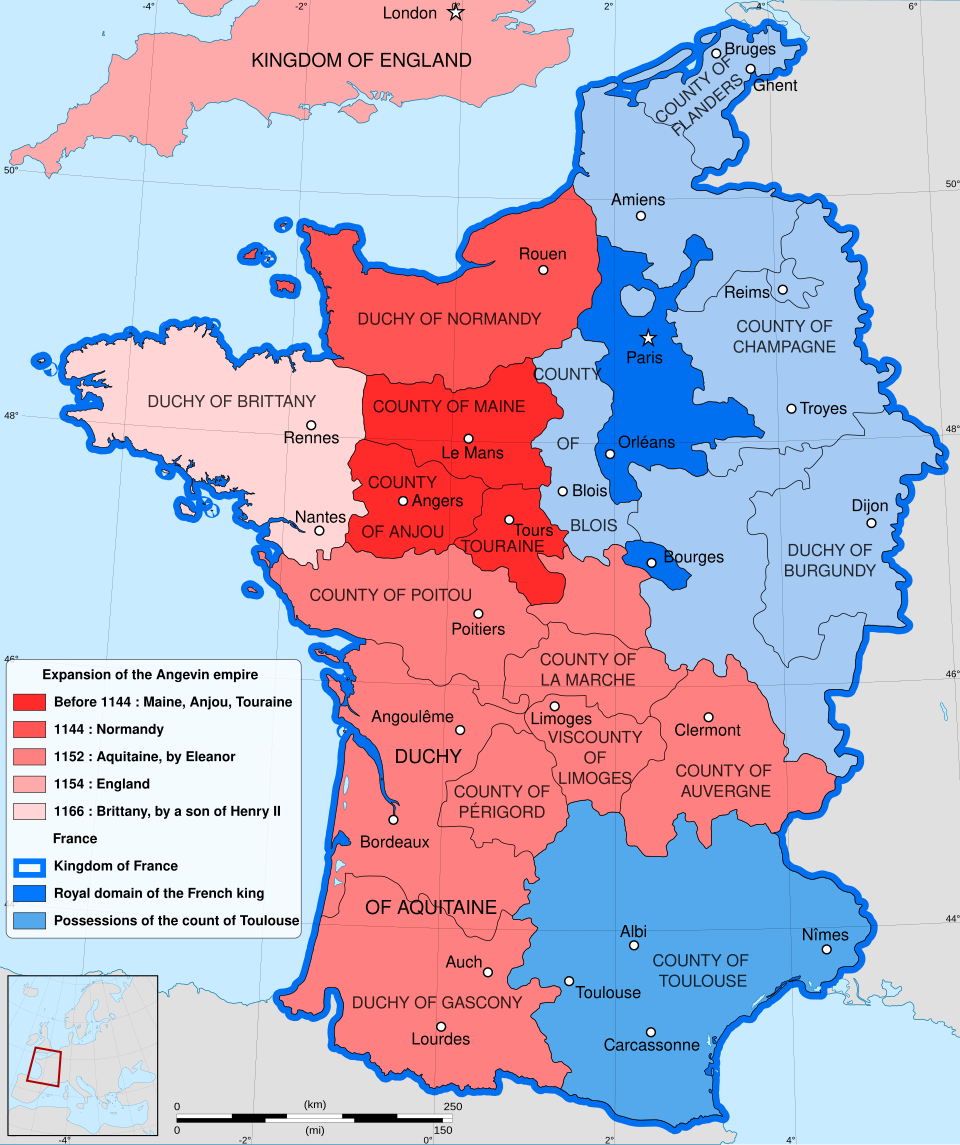January 15, 1865 - Capture of Fort Fisher, North Carolina
- James Houser
- Jan 15, 2020
- 3 min read
Updated: Jun 1, 2021
January 15, 1865. 58 ships off the coast of North Carolina open fire on a shadowy edifice glimpsed through the fog. On land, almost 10,000 blue-clad soldiers, half of them black, launch themselves at Fort Fisher. The last nail is about to be hammered into the Confederate coffin.
Fort Fisher was the Civil War fort that protected the sea approaches to Wilmington, North Carolina. Since 1861, Abraham Lincoln's Union forces had been seizing the Confederacy's ports one after another, gradually cutting the South off from the outside world. The biggest port, New Orleans, fell in 1862. By 1864, the year Lee and Grant began their final deadly campaign in Virginia, only Mobile, Alabama and Wilmington, North Carolina were still open. Mobile's port fortifications - though not the city - fell in August 1864. (This is where Admiral David Glasgow Farragut yelled "Damn the torpedoes, full speed ahead!" at the Battle of Mobile Bay.)

Wilmington was the only port left. Any foreign supplies, money, food, and weapons came through it, smuggled through a dense and tightening Union blockade. By January 1865, the Confederacy's hopes for victory in the Civil War had become terribly narrow. Most of the South's big cities were occupied, Richmond was under siege, the Shenandoah Valley and Atlanta had been burned. Lee's army, still standing between Grant and Richmond, was slowly but surely bleeding to death from desertion, casualties, and the lack of supplies. The South could produce little on its own anymore; Wilmington was the last window to the outside world.
Union forces had already attempted to close the port once. Unfortunately, the general chosen to lead this expedition was Benjamin Butler, a bastion of corpulence, incompetence and corruption. Grant and many other generals despised Butler, but Butler had powerful political friends - and Lincoln, running for re-election in 1864, needed their support. So Butler stayed, and the first attempt to seize Fort Fisher in December 1864 had been a complete fiasco.

After this failure, though, Lincoln had been reelected, and Grant didn't hesitate before happily tossing Butler out on his substantial rear end. He replaced Butler with Alfred Terry, a far more competent soldier, and placed Admiral David Porter, an old colleague from his days at Shiloh and Vicksburg, in command of the naval forces.
On January 13, Terry made his amphibious landing on the spit of land above Fort Fisher, cutting the Confederate defenses in two. Once he had secured his position, he launched the final assault on January 15. Cannon and musket fire from the fort scythed through the Union attackers, who pressed on regardless. Naval gunfire blasted the outer walls and killed the Southern general, but the fight was still bitter. Almost all the officers in charge of the assault were killed or wounded, and a full third of the attacking force was blown away as well - but by the end of the day the Stars and Stripes flew over Fort Fisher. The Confederacy was now closed off from the sea.

Butler, at that moment, was testifying to Congress about how badly he had been mistreated. His sympathetic political friends listened as he bemoaned that Fort Fisher was impregnable, it could not be taken, and that Grant (who was, for the hundredth time, falsely accused of being a drunk) had blamed Butler for his own stupidity. This hearing was still going on when a messenger burst in to say that Fort Fisher had fallen. Butler, at least, had the good grace to take his leave.
Even though the fort had fallen, the Confederates would hold Wilmington until February, when Union reinforcements would occupy it without a fight. From there, they would march inland to link up with Sherman, who was making his way north from Savannah. It would be easy to find him - they just had to look for the trail of smoke from burning cities, farms and crops. Most of Terry's troops, though, would return to Richmond to prepare for the final offensive against Lee.
The Confederacy was approaching its Ragnarok.
Very few good books on Fort Fisher itself. Since there are a metric buttload of books on the Civil War, though, you're bound to find some. Try Rod Gragg's Confederate Goliath: The Battle of Fort Fisher (Baton Rouge, LA: Louisiana State University Press, 1994). For a more general history of the Civil War, James McPherson's Battle Cry of Freedom: The Civil War Era (New York: Oxford University Press, 1988) has not been dethroned and probably never will be.






Comments